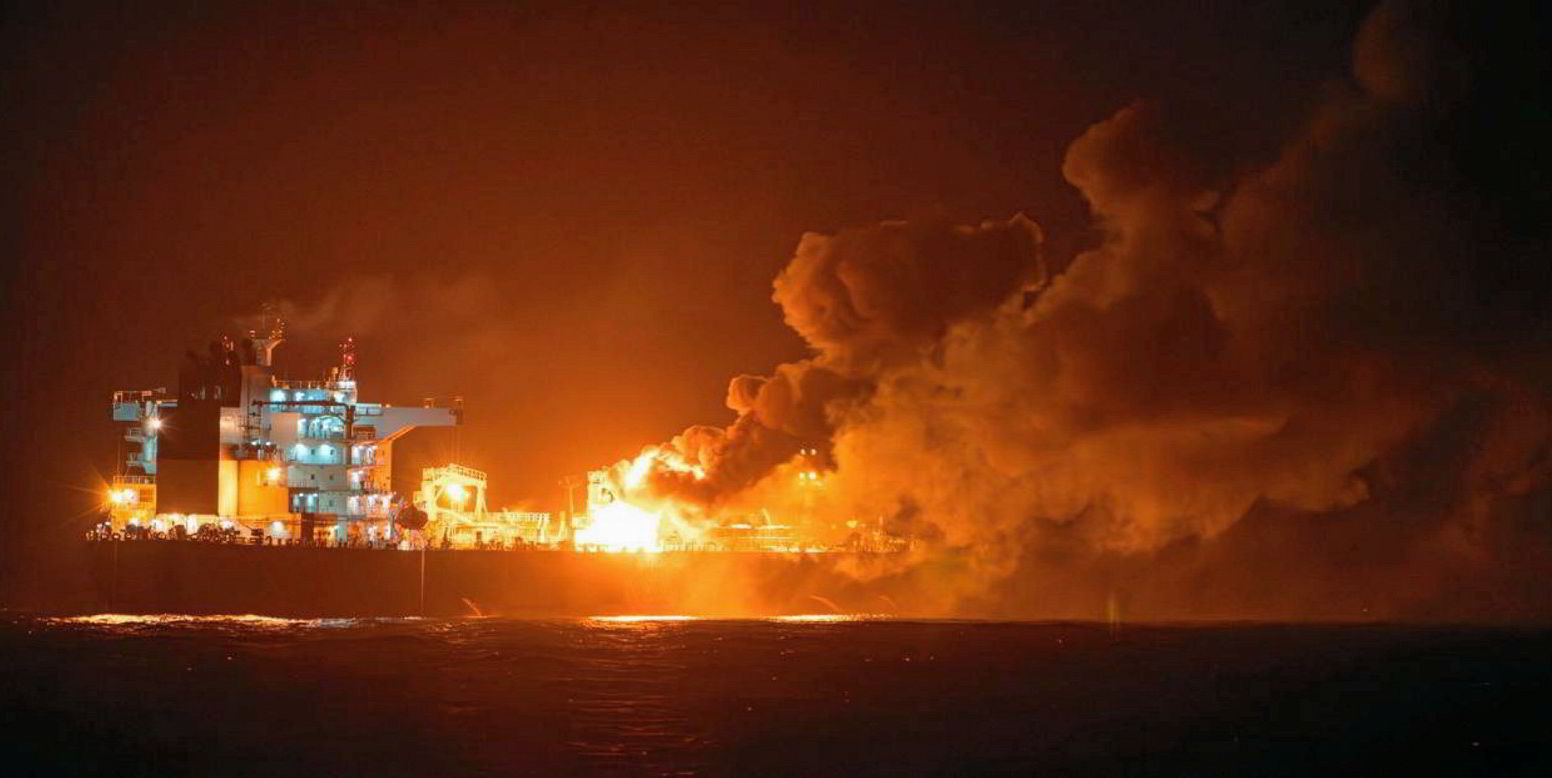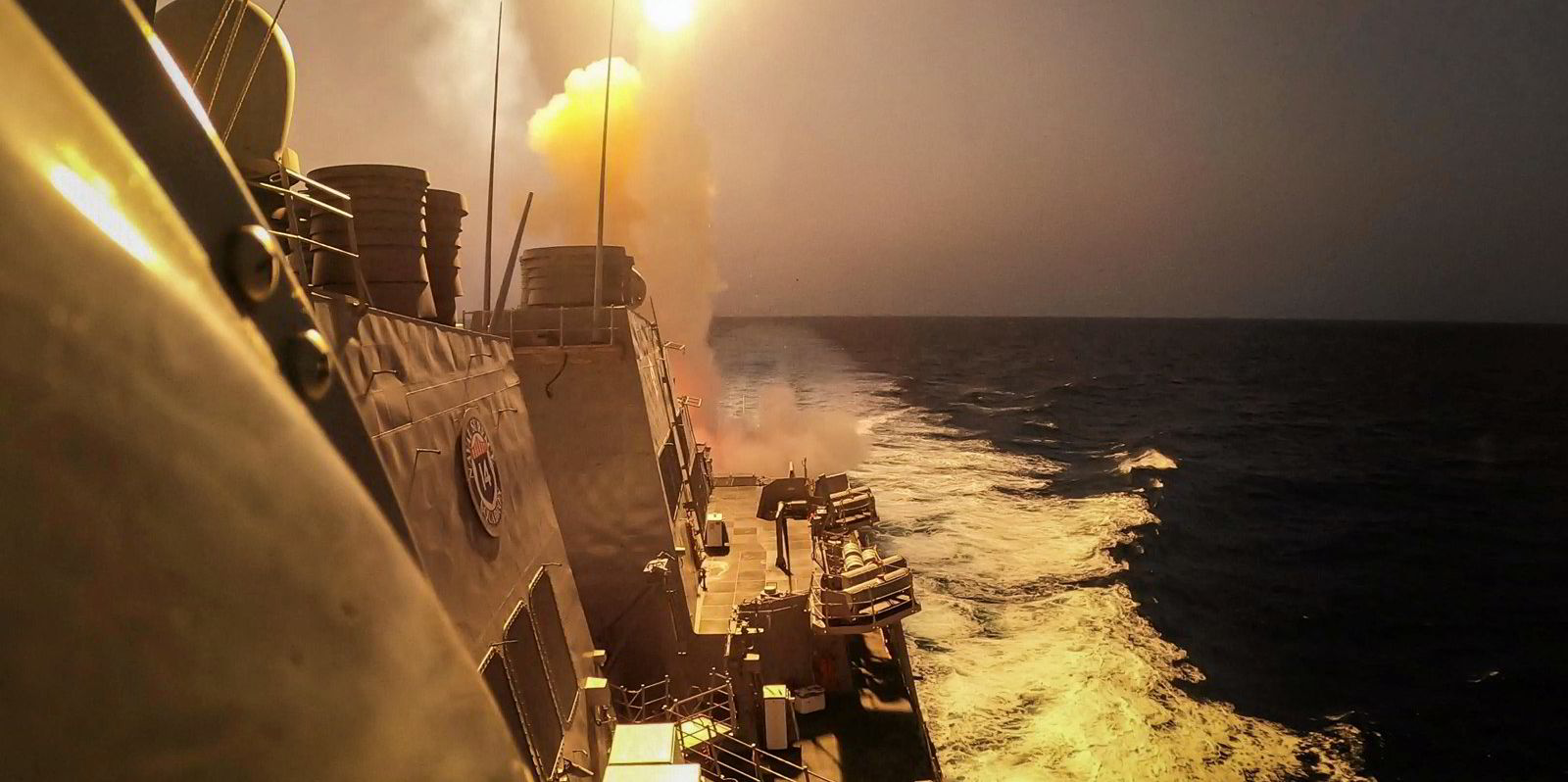Marine insurer Gard will maintain crew cover to support seafarer welfare in the Red Sea region after backing was pulled by its reinsurers.
As earlier reported, the reinsurance market has introduced exclusion clauses for the Red Sea, Gulf of Aden and Indian Ocean following a major escalation in tensions.
The decision has forced protection and indemnity clubs to withdraw cover for their non-mutual fixed premium lines with war risk extensions in the region, which has seen repeated attacks on shipping.
Among the Gard covers affected are crew cover for mobile offshore units, crew cover for ships and extended crew cover.
Mindful the decision could have a “major impact on crew welfare” Gard said it would offer “a special extension of cover for crew liabilities”.
Under the extension of cover Gard’s liabilities will be limited to $10m.
P&I clubs can handle the risk of their mutual business — which accounts for the majority of P&I covers — mainly through their own financial reserves.
But they are more reliant on the reinsurance market to provide security for their fixed premium covers.
As earlier reported, the P&I clubs are finding solutions to continuing with fixed premium cover after the introduction of reinsurance exclusions — which kick in on 20 February — through buyback schemes and alternative providers.
Steamship Mutual, Gard, the West of England P&I Club and Skuld have already announced alternative schemes with lower levels of cover.
Growing issue
Crew welfare is a growing issue in the Red Sea following repeated attacks on shipping by Houthi rebels.
Under the International Bargaining Forum (IBF) collective agreement, seafarers’ right to refuse transit in the Red Sea and Gulf of Aden have been strengthened.
The IBF, which is made up of the International Transport Workers Federation and the employers’ Joint Negotiating Group, granted seafarers who refuse to sail into the embattled area the right to repatriation at their company’s expense and two months of wages.
“The decision to include seafarers’ right to refuse to sail was not a step taken lightly as this could negatively impact global trade, but the safety of the seafarers is paramount,” the IBF member groups said.





